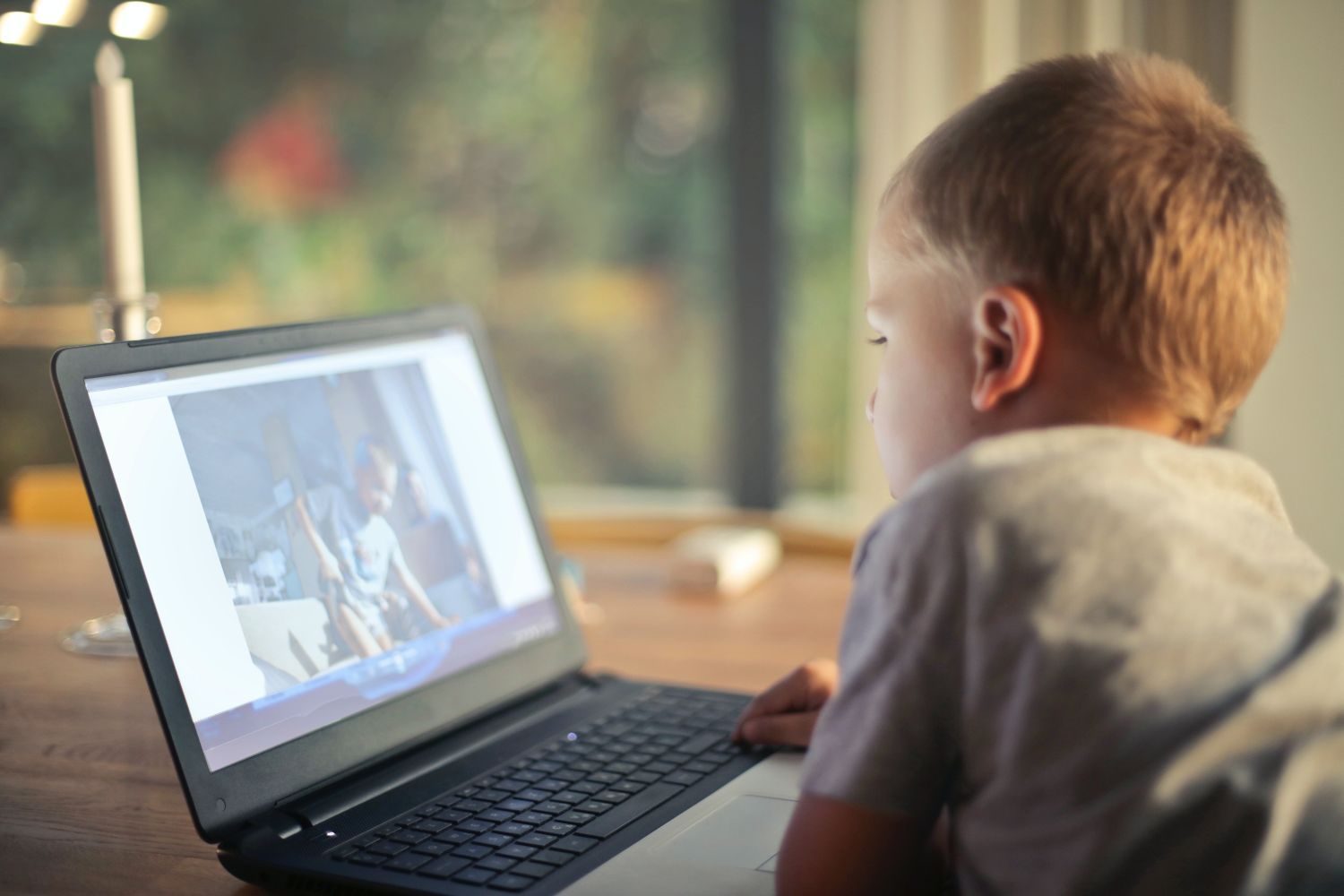In the Claremont Institute’s journal American Mind, English teacher and author Auguste Meyrat concludes that the future looks bleak for today’s children and teens who are inundated with technology. He has witnessed firsthand the detrimental effects of screen exposure in the classroom, and found administrative and parental will to reign in screen time severely lacking. While computers and smartphones are not all bad – for they have vastly improved our efficiency and connected the world in new ways – we cannot ignore that this has come at the expense of social cohesion and our health, both mental and physical, especially for our kids. Those who are currently parents or plan to someday become parents should consider reducing or eliminating screen time usage, though at present it may seem downright impossible.
A Problem of Content
Most parents are aware, if only anecdotally, of the behavioral and neurological effects of pornography. They also know (perhaps in a painfully personal way) that the online world presents a number of other obstacles to educating their children well. Their authority and ability to enforce reasonable rules around internet content are frequently undermined by mainstream social media platforms and targeted advertisements, which expose increasingly young children to violence, pornography, and foreign propaganda. Though a few good actors have taken steps to place power back into the hands of parents, there are plenty of others who would sooner protect “artistic license” and “freedom of speech” instead of the impressionable minds of future generations. The seemingly positive ability to access and share infinite information has a dark side, which is that limitless access means access to potentially harmful content. In an age of subjectivity, some might chalk up the negative effects of pornography and other such things to “stigma.” But every parent knows, whether they act upon it or not, that the matter is not subjective. Children are impressionable, and while the truth about sexuality should be revealed at an age-appropriate time, extremely violent or sexualized content does not deserve to be shown.
A Problem of Screens
As Meyrat notes, the inane entertainments afforded by social media can “render that child a boring dullard…hijack his brain chemistry, manipulate his appetites, and isolate him from his friends.” Platforms like TikTok, YouTube Shorts, and reel functions on Meta and Instagram do this by intentionally grabbing our attention for only a short period of time. In other words, we are trained not only to desire certain content, but to satisfy our desire to click, scroll, and remain glued to the screen – to “know” limitlessly. Meyrat has witnessed firsthand, “too many bright students filled with potential and ambition fall prey to that little screen in their pocket. Along with other teachers, I do what I can to keep them innocent and focused on what will help them, and sometimes we succeed, but others stubbornly continue their habit and suffer the consequences.” At root, the problem of screens is a problem of habit. When we become habituated to living in front of screens, relying on them for entertainment, instant information, social gratification, or satisfaction of idle curiosity, we forget that we are physical beings. We are meant to be in the world with others, to share a common life, and to work together toward the common good of our families and communities. We are not meant to know everything, nor are we meant to experience immediate gratification at all times.
What Can I Do About It?
Children raised without screens are less at-risk for any number of adverse effects and neuroses resulting from technology overuse. Such children are also more likely to have developed mature powers of attention and more diverse real-life experiences than their tech-absorbed peers. And, as Meyrat notes, the ubiquity of technology has led to a decline in the ability to share in the goods of common life – courtship, marriage, family life, and meaningful work. If you are a parent, or a young person who wants to someday start a family, one of the best things you can do for yourself and your family is to start limiting your own screen time. Put down the phone, the laptop, or whatever you’re using to read this online post, and take a stroll outside. Institute and enforce a no-tech policy at mealtimes. And, if you’re feeling brave – maybe now’s the time to replace your smart device with a flip phone.







